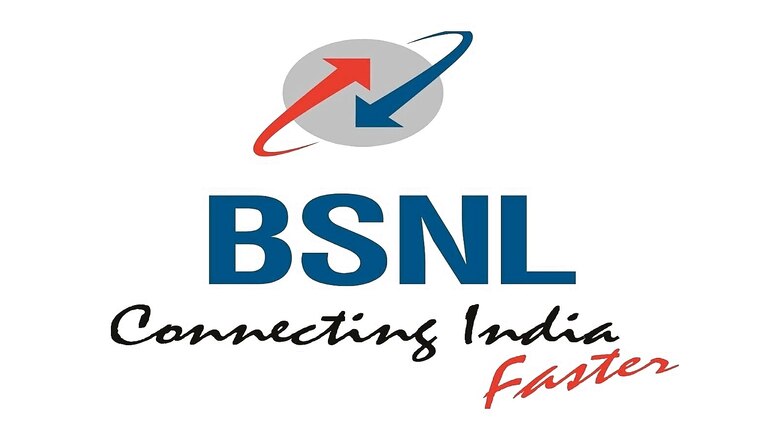
views
In March, the government decided to merge Bharat Broadband Nigam Ltd (BBNL) with Bharat Sanchar Nigam Ltd (BSNL) to create a single state-owned telecom entity.
What does this mean for rural connectivity?
THE ANNOUNCEMENT
At a recent event organised by the All India Graduate Engineers and Telecom Officers Association (AIGETOA), BSNL chairman and managing director PK Purwar remarked the government was giving the telecom firm a chance to turn things around.
At that event, he clarified the government has decided that BBNL and BSNL would be integrated. This means that BBNL’s pan-India work would be transferred to BSNL.
BSNL already has an optical fibre cable (OFC) network of over 6.8 lakh kilometres. With the planned merger, BSNL will gain access to 5.67 million km of optical fibre that has been deployed throughout 1.85 million village panchayats across the country with the help of the Universal Service Obligation Fund (USOF).
In February 2012, the Special Purpose Vehicle (SPV) BBNL was established to lay out an optical fibre network throughout 2.5 lakh village panchayats across the country, utilising USOF and to provide non-discriminatory access to all telecom carriers.
Telecom operators must pay an 8% licence fee on their earnings from the selling of telecom services, which includes a 5% charge for the USOF.
The state governments do not impose a right of way (RoW) fee for laying OFC by the BBNL, which saves it money compared to the rates that telecom providers must pay.
Rs 45,000 CRORE IN BUDGET
However, BBNL employees in the department reportedly are opposed to the proposed merger due to BSNL’s prior non-performance on the Bharatnet project and pending vendor dues notwithstanding the SPV’s payment to the state-run telecom business.
The officials agreed that private telecom operators contribute to USOF and that consolidating BBNL assets under one player would go against the SPV’s purpose and goal of providing non-discriminatory access to rural broadband networks to all participants.
Some industry insiders earlier told Financial Express that when combined with BSNL’s extensive market presence across the country, the merger can provide rural areas with last-mile connectivity.
However, Purwar asked the staff to put their best foot forward for the company’s growth in his remarks at the conference, noting that the political leadership has given the turnaround a free hand and that there will be no capex crunch for at least the next two years. He also added that a provision of about Rs 45,000 crore has been given for BSNL in the budget.
He said the company is nearing the end of its 4G testing and may approach the board soon to place a small order, so that supply can begin in May and June and ground-level network testing and experience can be completed.
Read all the Latest Tech News and Breaking News here




















Comments
0 comment